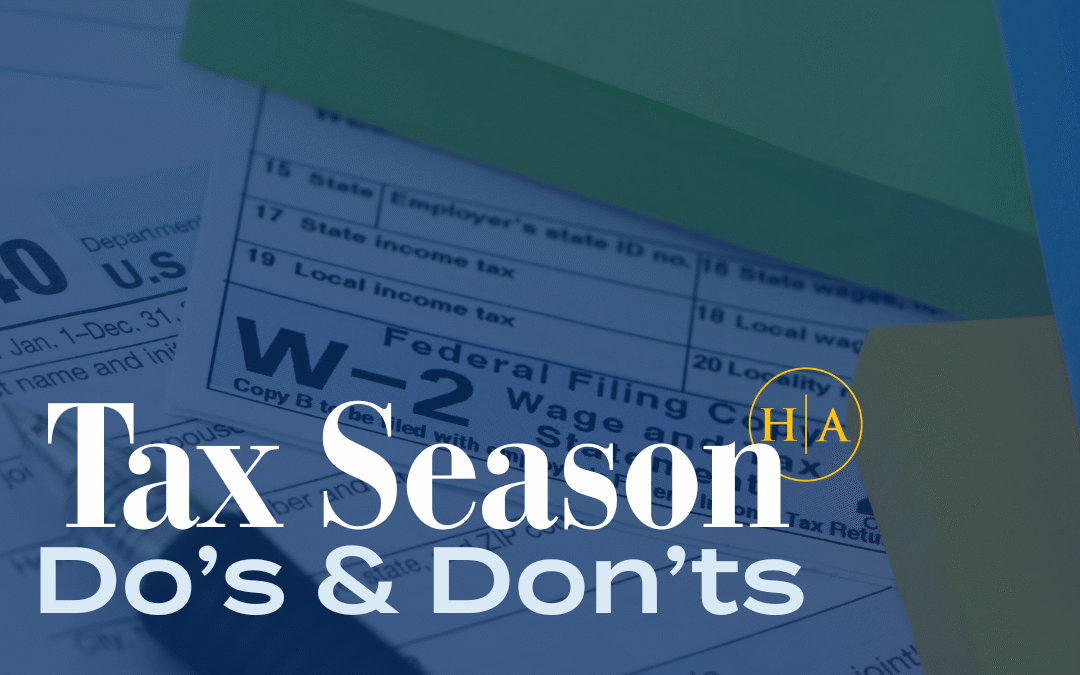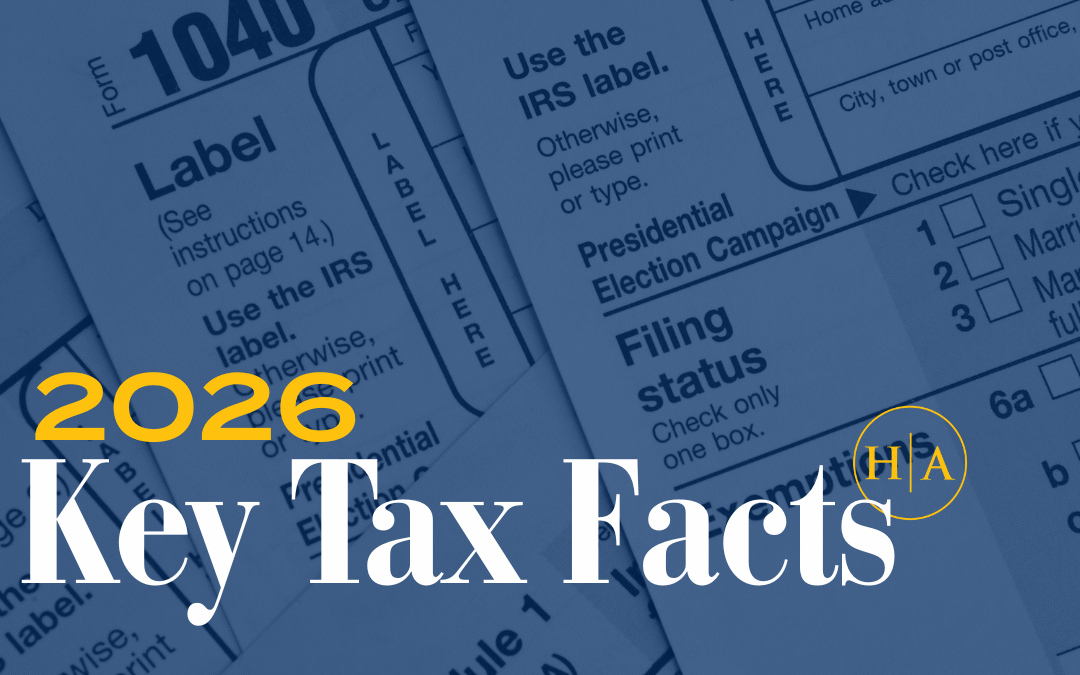One of the most significant but often overlooked changes in the OBBBA affects families with substantial assets: the estate tax exemption is now permanently higher, providing much more flexibility for wealth transfer planning.
What Is the Estate Tax?
The federal estate tax applies to the total value of assets you transfer during your lifetime or at death that exceeds certain exemption amounts. Think of it as a tax on wealth transfer – whether through gifts while you’re alive or inheritance when you pass away.
The Big Change: Higher Exemptions Are Now Permanent
The OBBBA made the enhanced estate tax exemptions permanent, eliminating uncertainty that was causing planning headaches for many families.
The new permanent exemptions:
- 2025: $13.99 million per person
- 2026: $15 million per person (with annual inflation adjustments going forward)
- For married couples: Double these amounts ($27.98 million in 2025, $30 million in 2026)
What was at risk: Without the OBBBA, these exemptions would have dropped to around half these amounts in 2026 – creating a potential tax cliff for many families.
How This Affects Your Family
If your estate is under the exemption: You don’t owe federal estate tax, and your family can inherit your assets without this federal tax burden.
If your estate exceeds the exemption: You pay estate tax on the amount above the exemption. The rate can be as high as 40%, so the stakes are significant.
The planning opportunity: With permanently higher exemptions, you can transfer more wealth to your family without triggering estate tax.
Annual Gifting Still Available
The OBBBA didn’t change the annual gift tax exclusion, which remains a valuable tool for reducing your taxable estate:
2025 annual exclusion: $19,000 per recipient. How it works: You can give this amount to as many people as you want each year without using up any of your lifetime exemption. For married couples: You can effectively give $38,000 per recipient by combining both spouses’ annual exclusions.
Example: A married couple with three children and six grandchildren can give away $342,000 per year ($38,000 × 9 recipients) without touching their lifetime exemptions.
Why This Matters More Than You Might Think
Even if you don’t think you’re “estate tax rich,” consider:
- Life insurance proceeds count toward your estate
- Retirement account values can be substantial
- Business values can grow significantly over time
- Real estate appreciation in some markets has been dramatic
- Investment account growth over decades adds up
Planning Opportunities with Permanent Exemptions
For families approaching the exemption levels:
- Gift now while exemptions are high: Use your lifetime exemption to transfer assets that might appreciate in value
- Consider generation-skipping strategies: With higher exemptions, you might be able to benefit both children and grandchildren
- Business succession planning: Higher exemptions make it easier to transfer family businesses
For families well below the exemptions:
- Focus on annual gifting: Use the annual exclusion to reduce your estate over time
- Consider state estate taxes: Some states have much lower exemption amounts than federal
- Plan for growth: Assets that seem modest now might grow substantially over time
State Estate Tax Considerations
While the federal exemptions are now permanently higher, don’t forget about state estate taxes:
- Some states have much lower exemption amounts
- A few states don’t have estate taxes at all
- Your state of residence at death can significantly impact your family’s tax burden
What About Gift Taxes?
The same exemption amounts apply to lifetime gifts:
- Annual exclusion gifts ($19,000 per recipient in 2025) don’t count against your exemption
- Larger gifts use up your lifetime exemption
- No tax is due until you’ve used your entire exemption
Planning Considerations
The permanence of these higher exemptions removes the urgency that was driving much estate planning in recent years. However, that doesn’t mean you should ignore estate planning:
Take advantage of certainty: With permanent exemptions, you can plan long-term strategies without worrying about changing rules.
Consider state taxes: Federal exemptions don’t protect you from state estate taxes, which vary widely.
Think beyond taxes: Estate planning involves more than just taxes – it’s about ensuring your wishes are carried out and your family is protected.
Review existing plans: If you did aggressive estate planning expecting lower exemptions, you might want to revisit those strategies.
Don’t wait too long: Even with higher exemptions, estate planning takes time to implement effectively, especially for business owners or families with complex assets.
When to Seek Professional Help
Estate planning involves complex legal and tax considerations that go beyond what any article can cover. Consider getting professional guidance if:
- Your estate might approach the exemption levels
- You own a business
- You have complex family situations
- You live in a state with its own estate tax
- You want to maximize what you leave to your family or charity
The permanence of higher estate tax exemptions is great news for American families, but it doesn’t eliminate the need for thoughtful planning. We’re here to help you understand how these changes affect your specific situation and coordinate with estate planning attorneys to develop strategies that work best for your family’s goals.




